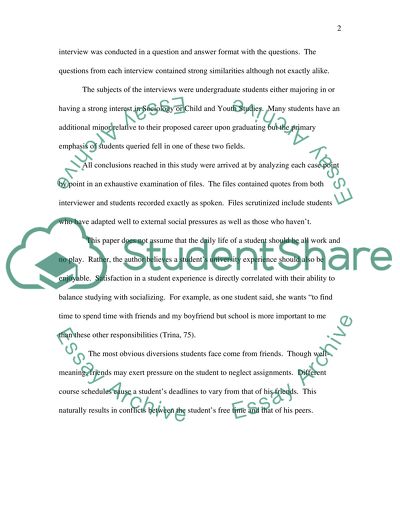Cite this document
(Interpersonal Relationships that Detract from a University Essay, n.d.)
Interpersonal Relationships that Detract from a University Essay. https://studentshare.org/people/1524175-interpersonal-relationships-that-detract-from-a-university-students
Interpersonal Relationships that Detract from a University Essay. https://studentshare.org/people/1524175-interpersonal-relationships-that-detract-from-a-university-students
(Interpersonal Relationships That Detract from a University Essay)
Interpersonal Relationships That Detract from a University Essay. https://studentshare.org/people/1524175-interpersonal-relationships-that-detract-from-a-university-students.
Interpersonal Relationships That Detract from a University Essay. https://studentshare.org/people/1524175-interpersonal-relationships-that-detract-from-a-university-students.
“Interpersonal Relationships That Detract from a University Essay”. https://studentshare.org/people/1524175-interpersonal-relationships-that-detract-from-a-university-students.


